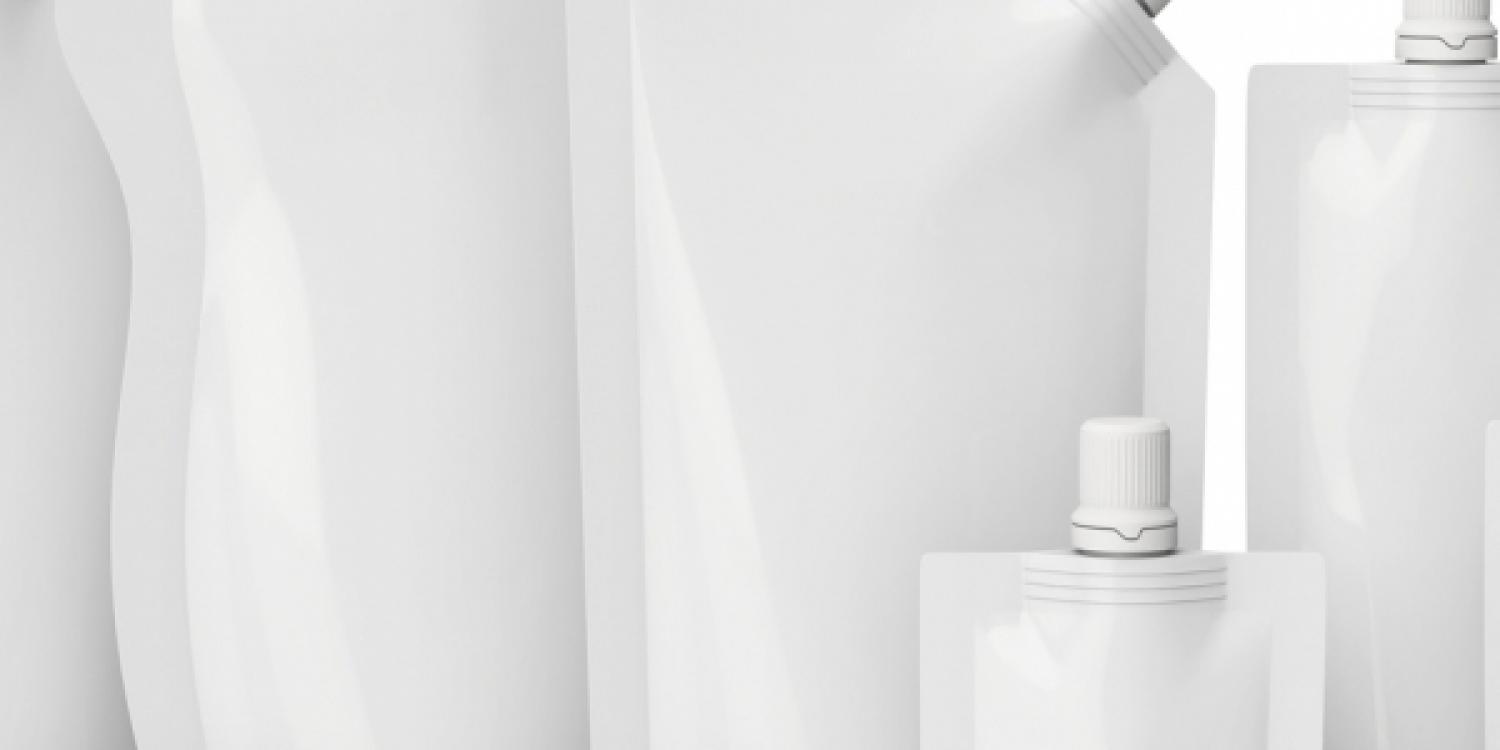Ecodesign for fast-moving consumer goods

Information
Fast-moving consumer goods (FMCG) are typically used by households quickly after purchase or at least under one year. This includes packaged foods, cleaning supplies, light bulbs, but also cosmetics and personal hygiene items.
FMCG packaging is a major challenge. Because of the short lifespan and huge volumes sold of these goods, it pays to make the packaging as resource-efficient as possible. Another sustainability concern for fast-moving goods is minimising the amount of waste generated by making the product as reusable as possible. Both of these challenges can be tackled by ecodesign principles.
Ecodesign seeks to minimise products' environmental impacts during fabrication, use and disposal (its life-cycle). Combined with life-cycle analysis (LCA), ecodesign also covers product durability, reusability, and recyclability. The impact is primarily measured in resource and energy consumption, but factors such as the toxicity and repairability are also taken into account. A LCA can highlight areas for improvement of your product through ecodesign.
Common examples of ecodesign improvements are the adjustment of milling and sawing processes to make more products from the same raw material, lean packaging, improved repairability, switching to biodegradable and non-toxic materials, and more.
Changes in technology, materials, prices and legislation (especially now with the EU's circular economy policy), and trends towards 'green' procurement (both public and private) are all driving ecodesign developments. Early adopters of ecodesign principles in product manufacturing are gaining competitive advantage.
Studies also show that ecodesign can have a positive economic impact on other stages of product life-cycle. Every € 1 saved in materials can cut total costs by € 7-12, taking into account procurement, storage, waste management and equipment maintenance. Research on SMEs in Germany indicates that measures achieving 5-10 % of material savings can be earned back in less than a year. Also, lighter and reusable packaging adopted as a result of the ecodesign can decrease the costs of transportation, storage, waste management.